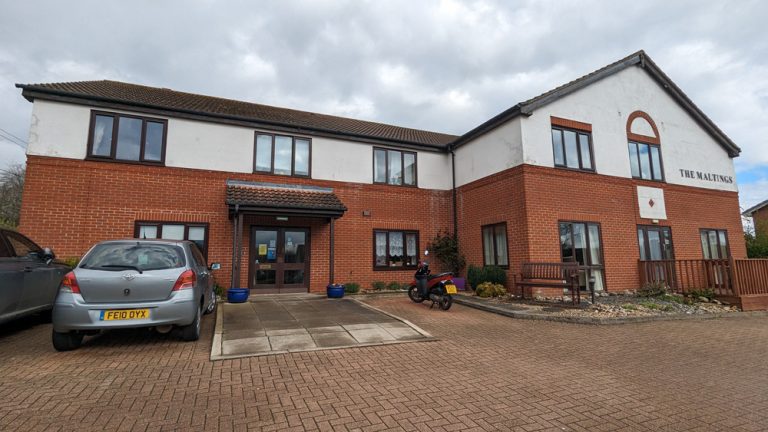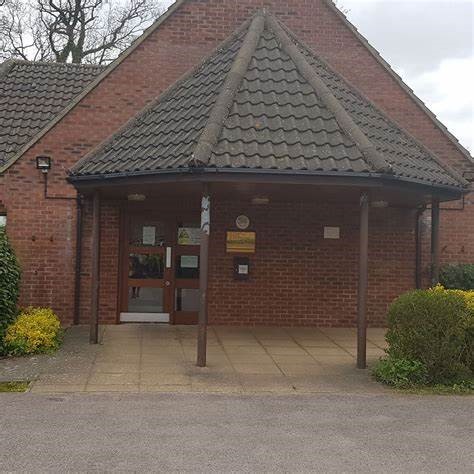This report provides an overall evaluation of the services provided by Norfolk LGBT+ Project. The information for evaluation was gained through surveys with service users, professionals who have referred to or used the services of the project, and the staff and project volunteers. Follow-up interviews were also undertaken to explore feedback in more detail.
The Project employs a full-time Project Manager and a part-time Training Officer. The rest of the services are delivered by volunteers, who have had on average five and a half years involvement with the project. The Project provides a range of support groups, one-to-one support and access to low cost counselling.
There is some alternative provision for LGBT+ services in Norfolk, but this is limited and targeted at particular needs, such as transgender support groups.
People who have used the service, whether for themselves or to seek help for a family member felt that the service was well run and met the majority of their needs. Those professionals that had referred to the service or undertaken training with the project valued the services of the project.
The project website, which is how most service users find out about the Project, has recently been updated. The service-users and professionals that had seen the website were complimentary about the look and ease of use.
What did we find?
Service users felt that the staff and volunteers of the Project were highly professional and could not be more helpful. The service was valuable and staff and volunteers were quick to respond to requests for support. People felt that they were made to feel welcome and did not feel judged.
The Project provides a safe space for many where people feel able to be themselves. The support has a positive impact on people’s wellbeing and this was a key theme from the survey and the interviews. People stated that they sought support from the Project because their mental health was not good.
There were a few things that service-users felt could be improved and these were about accessibility for those with disabilities and for those in rural locations.
The volunteers and staff felt that they had good opportunities for training and were very well supported by the Project Manager. The Project Manager was highly praised for the support she provides and how responsive she is to any requests. There is concern, however about how much responsibility the Project Manager has and the impact on her.
The staff and volunteers were uncertain about the future sustainability of the Project. Whilst people recognised that the need for the Project would continue; the concern was whether those who could potentially fund the Project would do so. People felt that LGBT+ services were undervalued and often overlooked.
There were suggestions about ways that income could be generated but there was recognition about the lack of resource to do this.
The staff and volunteers felt that the Project was really good at reaching out to people and providing support. Using volunteers who have lived experience is a particular strength of the Project. Many of the volunteers had previously used the services of the Project and were keen to “put something back”.
The volunteers and staff and professionals who have made referrals to the Project did not think that there was much that could improved about the Project.
The awareness raising training is an excellent part of the Project’s offer. The training generates income, but more importantly allows people the opportunity to reflect on what they can do to be more inclusive to the LGBT+ community.
The Covid-19 pandemic has had a significant impact on service delivery. Support has moved to online meetings and remote contact. People were accepting of this and most people felt that the service was still meeting their needs.
Healthwatch Norfolk had made several recommendations for improvement. They are:
- The Norfolk LGBT+ Project should review the governance of the organisation. There should be a single board of Trustees, consisting of the current Trustees and Management Committee members (the Management Committee will then no longer exist). A skills audit should be undertaken to consider where there may be gaps in the skills and experience of the Board and the recruitment of new trustees should take place. The newly formed Board should undertake training on responsibilities of being a Trustee and all have a copy of “The Essential Trustee” and ensure that they fully understand and perform their role.
• The Norfolk LGBT+ Project should explore other ways in which it could engage with the wider LGBT+ community taking into consideration people in rural areas or areas with poor public transport links and different age ranges (in particular older LGBT+)
• The Norfolk LGBT+ Project should engage with service users to explore other avenues of support for example, through offering more flexible drop in sessions or activities such as art classes.
• The Norfolk LGBT+ Project should continue to engage with users via digital platforms post Covid-19 as this has been demonstrated to be of value to some service users, particularly those further away from physical support or those with other time commitments.
• The Norfolk LGBT+ Project should build in additional staffing support to the Project Manager and consideration given to how some of the workload can be delegated, either to existing staff or volunteers or through recruiting to specific roles, such as a Volunteer Coordinator or Project Administrator.
• The Norfolk LGBT+ Project should develop a Business Plan for the Project that identifies objectives, strategies, plans for the developing needs of the Project, income generation, marketing and financial forecasts. It is possible to get free professional support for this through Norfolk Pro-Help.
• The Norfolk LGBT+ Project should review accessibility on an ongoing basis – are venues suitable for those with a physical disability and how to meet the needs of those who live in rural locations.
• The Norfolk LGBT+ Project should continue to seek funding from statutory partners for the positive impact that the project has on people’s wellbeing.







